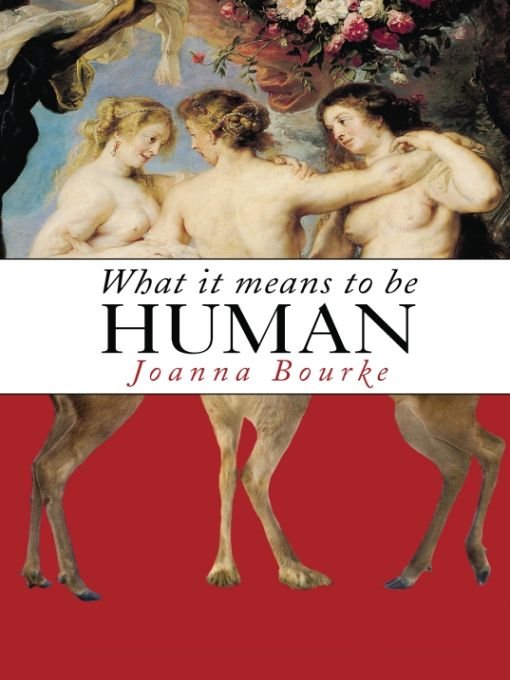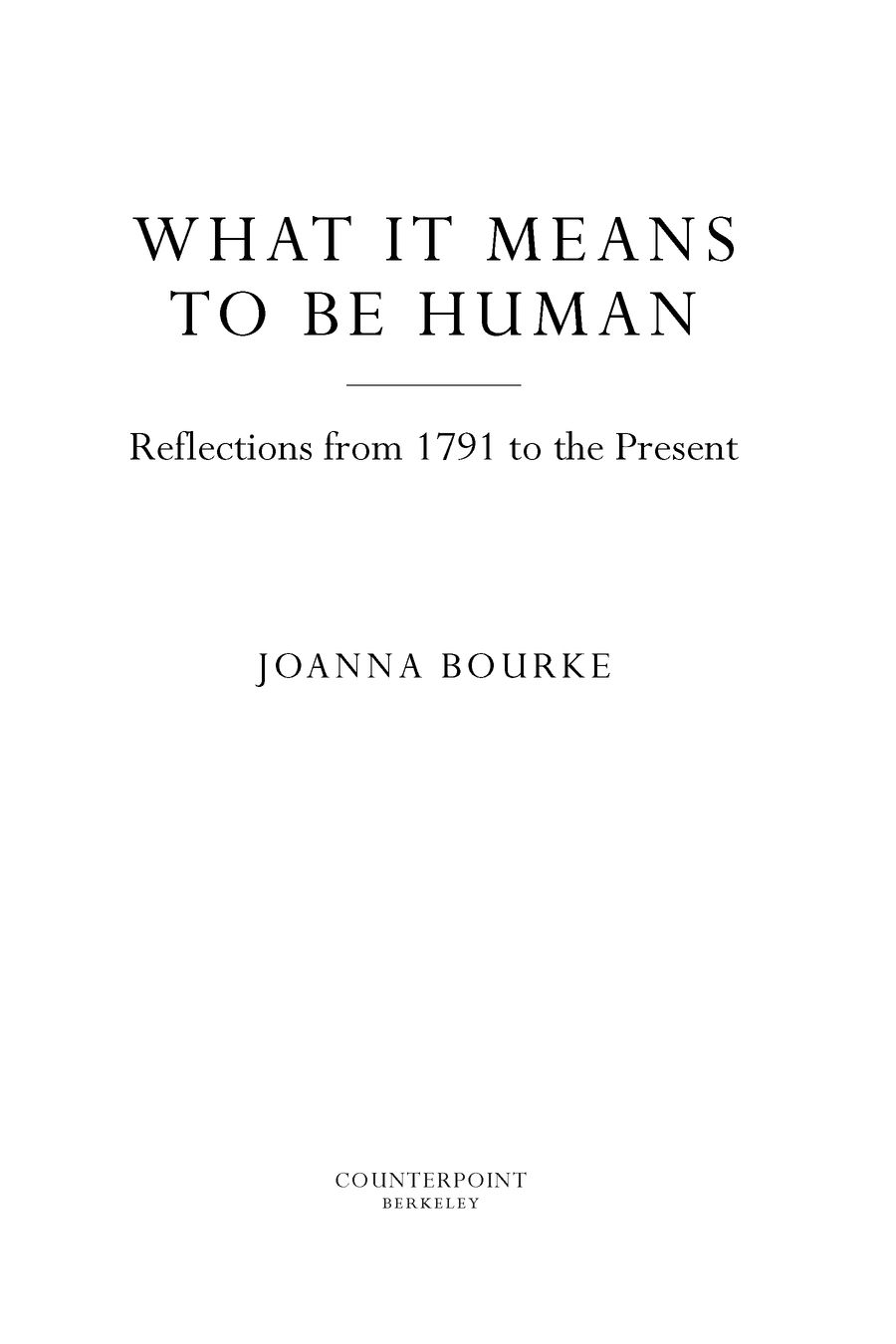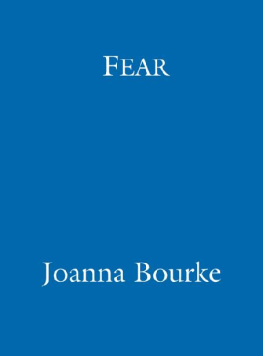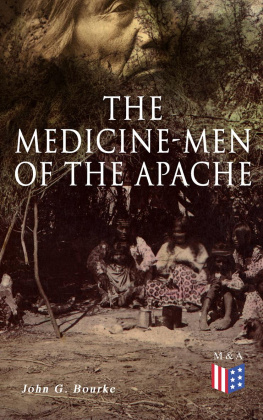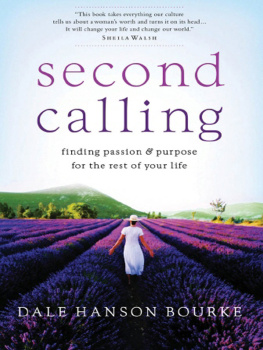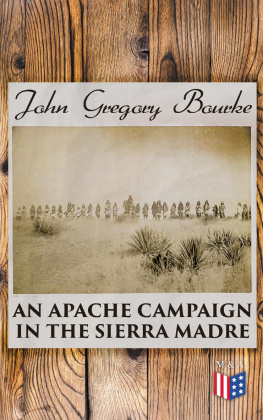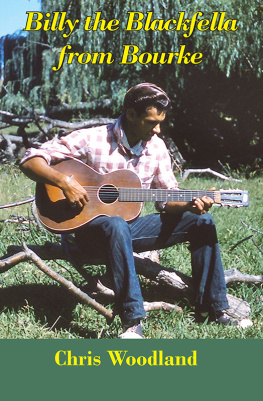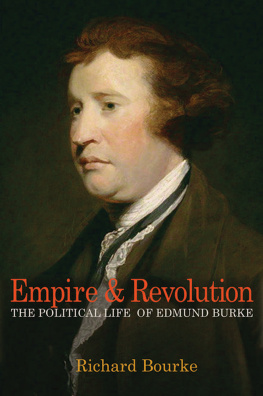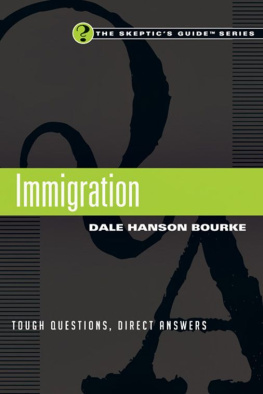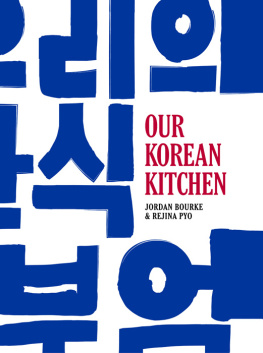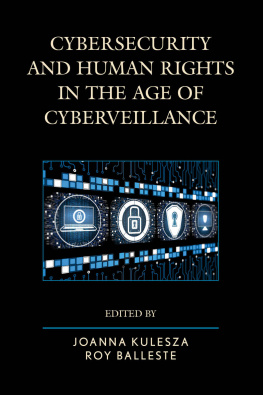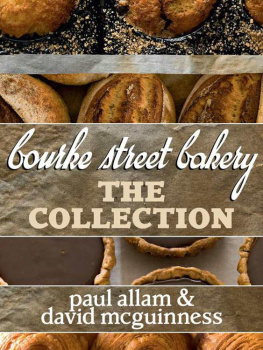Table of Contents
Also by Joanna Bourke
FEAR: A CULTURAL HISTORY RAPE
For Costas
Preface
Intellectual inspiration and friendship are entangled. I am grateful to friends and colleagues for telling me stories about what it means to be human. Alas, because these discussions often took place late at night in restaurants, tavernas and bars, the precise details of their tales were often forgotten by morning. But I was always left with a sense that their insights had been both mischievous and outraged. I imagine that distorted versions of their stories are retold here.
Let me list just a few of these delightful storytellers: Efi Avdela, Alexandra Bakalaki, Rika Benveniste, Rosi Braidotti, Nicholas Brown, Ana Carden-Coyne, Phdra Douzina-Balalaki, Nikos Douzinas, Richard Evans, David Feldman, Vanessa Harding, Kostas Hatzykyriakos, Louise Hide, Yanna Kandilorou, Aglaia Komninos, Maria Komninos, Christos Lyrintzis, Carmen Mangion, Akis Papataxiarchis, Annik Paterneau, Dorothy Porter, Samis Taboh, Anna Tsigonias, Nikos Tsigonia and Slavoj iek. Anthropologist Alexandra Bakalaki, historians Ana Carden-Coyne, Chandak Sengoopta and Neil Penlington, lawyer and political philosopher Costas Douzinas and cardiothoracic surgeon Tom Treasure generously provided acute critiques of chapters, many of which required months of labour to restore to a fit state.
I have also been dependent upon the labours of other people. Particular thanks go to Zoe Dinga, without whom my life would be unbearably more complicated. With calm professionalism, Alan Forth, David Murray and Mansour Shabbak dealt with emergencies related to computer malfunctions and visual meltdowns. A writer needs an editor and Lennie Goodings is simply the best. I am immensely grateful for her support for the project and perceptive feedback. Zoe Gullen shouldered the burden of editing and coordinating editorial production, while Linda Silverman tackled the frustrating task of seeking out the images. The cover design is the inspired creation of Nina Tara. My agent Andrew Wylie and his team, especially James Pullen and Sarah Chalfant, have been of immeasurable help throughout the process. The Wellcome Trusts financial support and the advice of the team in the History of Medicine and Medical Humanities section of the Trust helped this research to be carried out.
Institutionally, I have also been blessed. The Department of History at Birkbeck, University of London, deserves its reputation as a world-renowned centre for historical research and teaching. The sociability and intellectual generosity of my colleagues has fostered my work over many years; and my students have consistently forced me to think anew about received wisdom. Finally, though, thanks go to my supportive, extended families in New Zealand, Australia, Switzerland and Greece. In particular, my parents have helped my understanding in innumerable ways.
But nothing happens without Costas. His intellectual acumen is breathtaking; his solidarity with the sans papiers and the aganaktismenoi (the indignant), inspiring; and the ease with which he nurtures me, fulfilling. This is why this book is dedicated to him.
CHAPTER ONE
Introduction Are Women Animals?
In April 1872, a woman known only as An Earnest Englishwoman published a letter entitled Are Women Animals? In it, she attacked the fact that certain people were treated as lesser humans. Indeed, she fumed, they might even be treated as inferior to animals. Her full argument will be developed in Chapter Four, but this extract gives a taste of the force of her rhetoric.
ARE WOMEN ANIMALS? TO THE EDITOR OF THE TIMES
Sir,Whether women are the equals of men has been endlessly debated; whether they have souls has been a moot point; but can it be too much to ask [for] a definitive acknowledgement that at least they are animals?... Many hon. members may object to the proposed Bill enacting that, in statutes respecting the suffrage, wherever words occur which import the masculine gender they shall be held to include women; but could any object to the insertion of a clause in another Act that whenever the word animal occurs it shall be held to include women? Suffer me, through your columns, to appeal to our 650 [parliamentary] representatives, and askIs there not one among you then who will introduce such a motion? There would then be at least an equal interdict on wanton barbarity to cat, dog, or woman...
Yours respectfully,
AN EARNEST ENGLISHWOMAN
The Earnest Englishwoman was angry because animals had more rights in law than did women. In fact, the status of women was much worse than that of the rest of the animal kingdom. Regulations prohibiting cruelty against dogs, horses and cattle were significantly more punitive than laws against cruelty towards women. The Earnest Englishwoman recognized that the all-male parliamentarians were not prepared to give women the vote. Her heartfelt cry, therefore, was for women to be allowed to become-animal in order to reap the benefits that they were being denied on the grounds that they were not part of mankind.
So who was this Earnest Englishwoman who railed against her sexs exclusion from full humanity? I have been unable to find out. All we know is that the author chose to cloak her anonymity in a character trait (earnest), a nationality (English), and a gender (woman).
The Earnest Englishwoman (or the newspapers editor) titled her letter of protest Are Women Animals? She was concerned with one group of sentient beingswomenwho were not granted the status of being fully human. In my historical reflections, the Earnest Englishwomans women stands in for all sexes and genders. This goes against tradition. In the history of Western philosophy, as well as in common parlance, man and mankind have often been used to mean human, albeit only to the extent that women, intergenders and transgenders conform to various traits that have been coded male. By using the female gender as indicative of the status of humanity, I am disrupting this assumption. Instead of men being the norm for human, women become humanity.
The implications of any investigation into what it means to be human are potentially immense. After all, two of the most distinguished traditions of modern timestheology and humanismwere founded on espousing hierarchies of humanity. According to the great Chain of Being, everything in the universe was ranked from the highest to the lowestfrom the Divine to the human, then to the rest of the animal kingdom and finally incorporating inanimate objects. As Alexander Pope exclaimed in his Essay on Man,
Vast chain of being! which from God began;
Natures ethereal, human, angel, man,
Beast, bird, fish, insect, who no eye can see,
No glass can reach; from infinite to thee;
From thee to nothing.
This Chain was, however, subject to countless disruptions. Throughout this book, theologians and others will be seen to be muddying the seemingly clear borders: some animals were placed above certain humans. The Supreme Creator might have fashioned the human to reign over the animal, but powerful men, in endless error hurld, had elevated certain animals over their own human-sisters, non-white Europeans and children, to take just three common exclusions. Later in his Essay on Man, Pope observed that man found himself poised on this isthmus of a middle state, doubting whether he should deem himself a God or Beast . People excluded from the status of being fully men might be forgiven for bitterly concluding that they had been decisively demoted to Beast.

